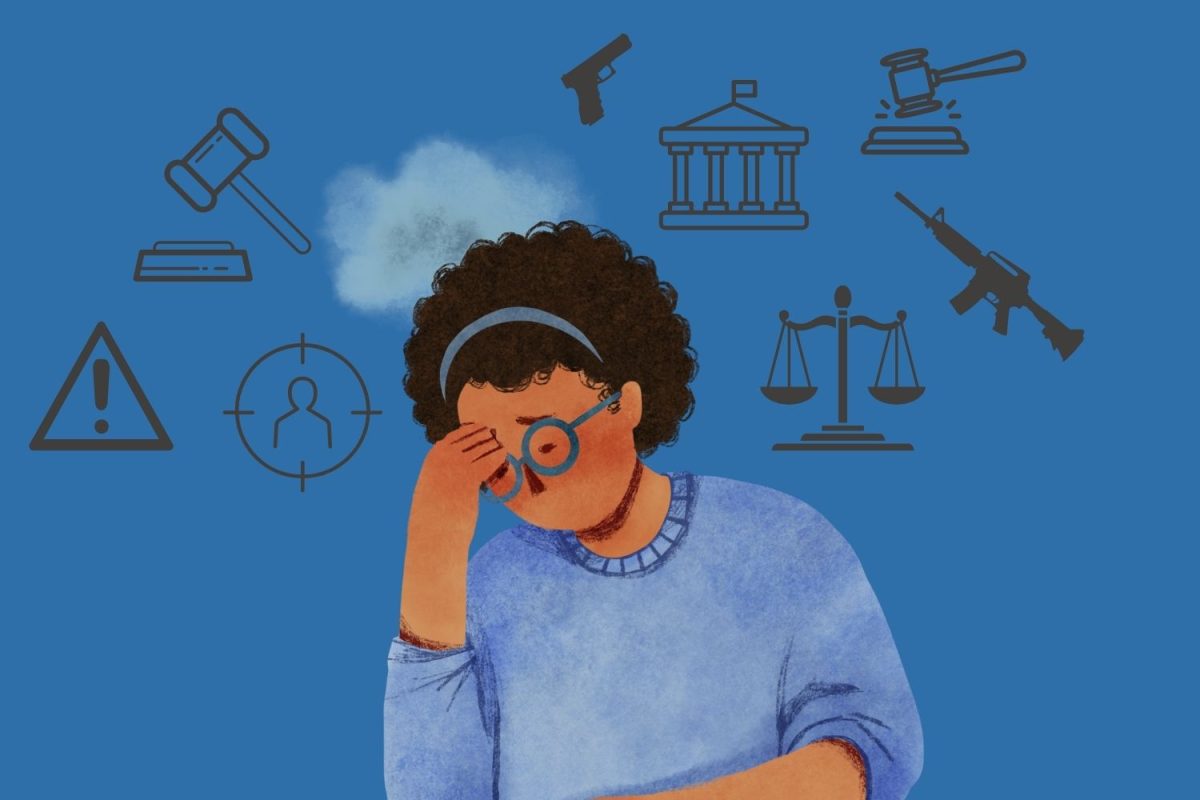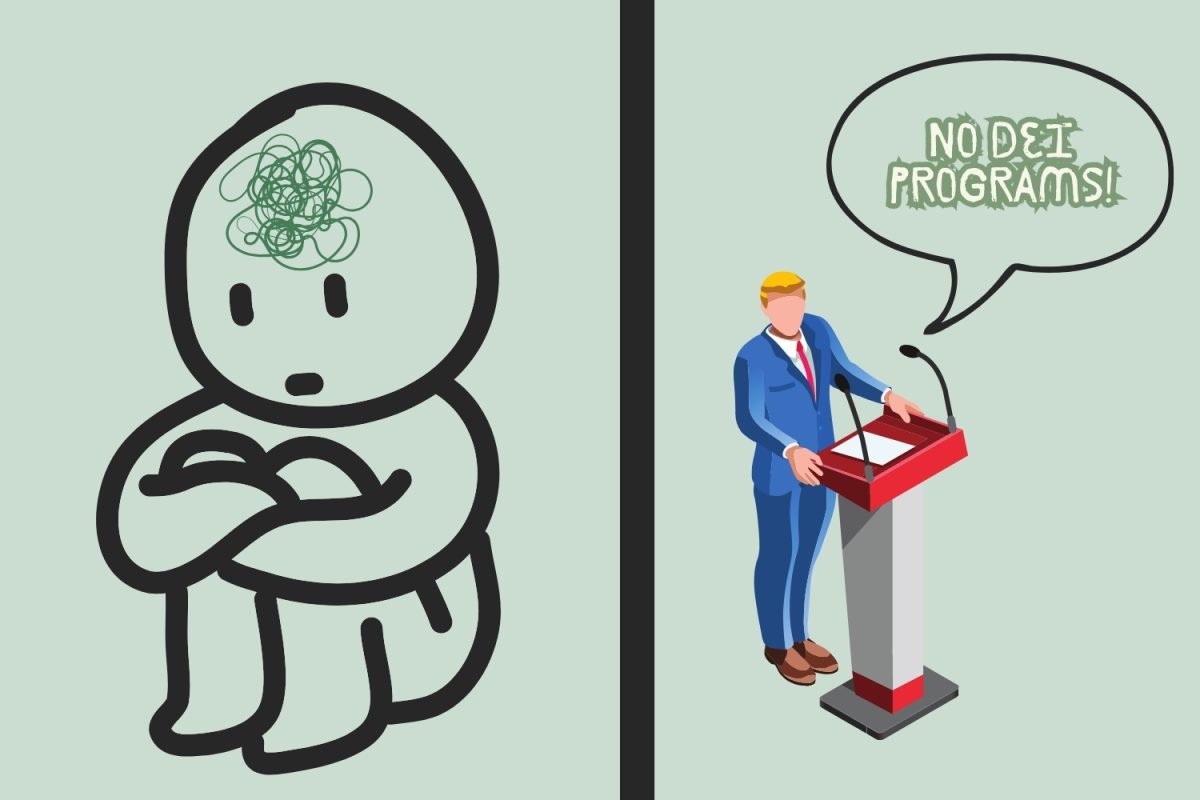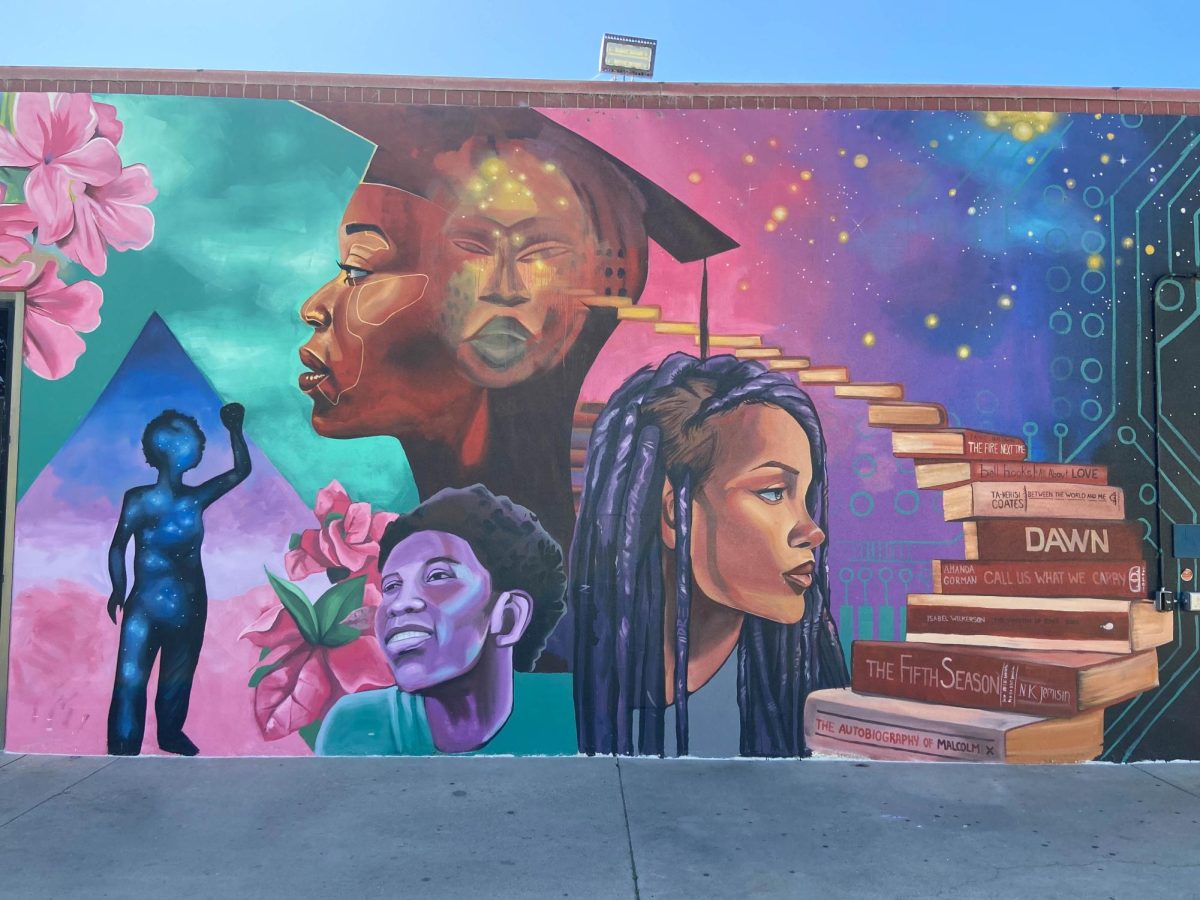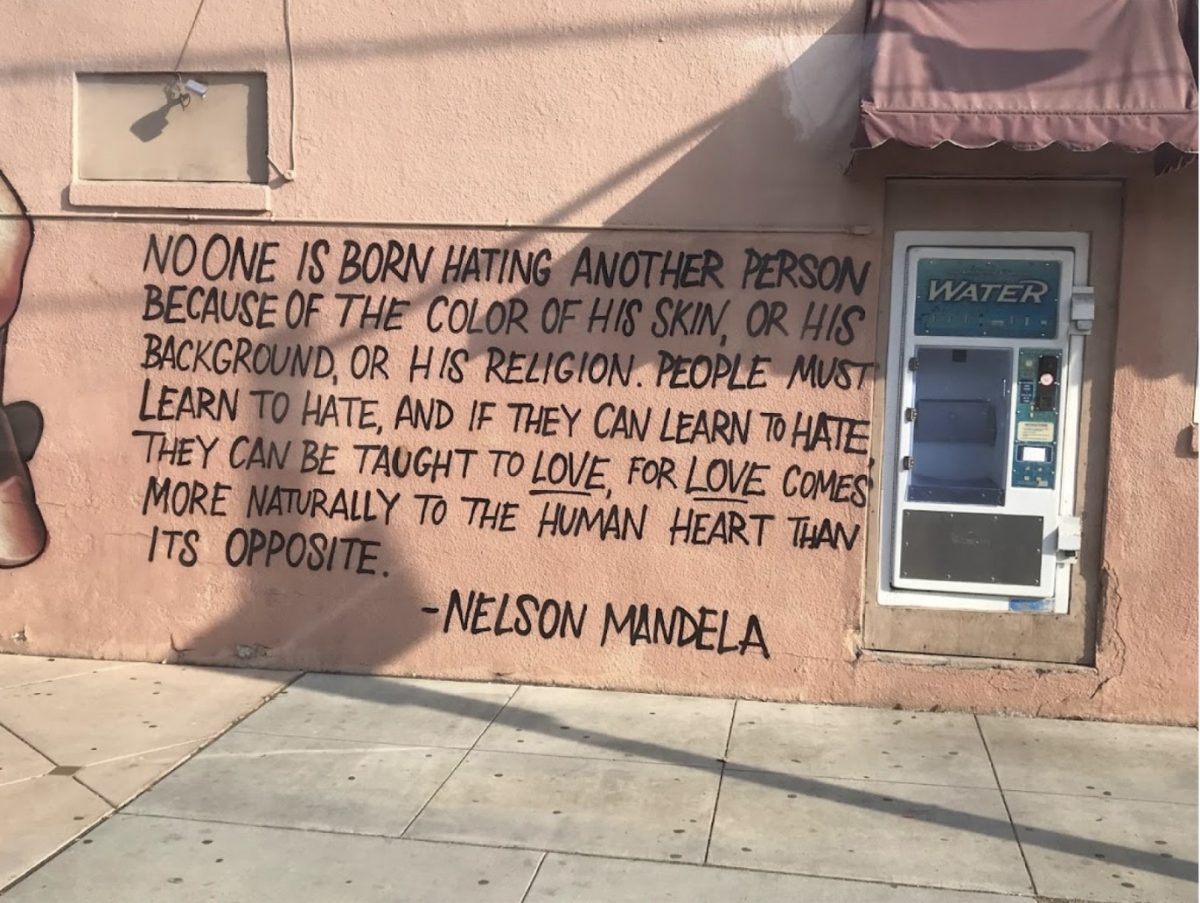
In the midst of this age of ecocide, of unprecedented ecological collapse, City College has formalized a set of goals called the District Sustainability Plan to reduce campus waste and use energy more sustainably.
From reducing water consumption to becoming more energy efficient, the plan is a shining example of many environmentalists’ drive toward “ethical resource consumption”, i.e. maintaining the overall status quo while minimizing the harm that is done in its wake.
As the college’s first attempt to formalize goals to address the college’s contribution to the environmental horrors that plague the world, this is to be expected. Until the dire consequences of maintaining the status quo are more deeply felt among the leaders of our various institutions, educational or otherwise, “ethical resource consumption” will for the most part be the only response there is, in fact the only response conceivable.
Yet, after self-educating myself on the severity of the environmental horrors that the world experiences daily, with the web of life itself unraveling before our very eyes, I am certain that the goals within the District Sustainability Plan are not an adequate response to the magnitude of the issues we face.
Reducing waste and becoming more energy-efficient is a necessary part of a more holistic response to the many crises at hand, but it is not sufficient—not in the least. However, as the only official college document that addresses some of these crises, that is what is implied—accomplish these goals, and we have done all we should do to address the environmental horrors the world is experiencing.
I disagree. It is not sufficient to efficiently use fossil fuels for energy when fossil fuels need to be kept in the ground full-stop. It is not sufficient to harness renewable energy with energy infrastructure which uses materials that are themselves not renewable, and highly destructive. It is not sufficient to be “more sustainable” when over half of the world’s wildlife is gone because of human activity in the last 40 years. These statistics and more make it clear that much more fundamental changes need to take place in our society.
If we don’t acknowledge these realities, the root causes of the crises will remain invisible, and efforts to be “more sustainable,” instead of actively working to stop the deluge of destruction occurring all around us, will remain the typical, sole response.
Of course, what precisely would constitute an appropriate response as a campus community is an open question. But, I do know the following: As the longest-lived community college in the state, other community colleges look to us as an example. As an institution of higher learning, we are uniquely placed to question the very foundations of our society, and come to grips with whether the consequences of our current way of life are acceptable. As living beings who depend on a functioning ecosystem to thrive, we have every right to do whatever is necessary to make sure our ecosystem is not destroyed any further.
I have been told that my education endows me with a responsibility to act upon what I have learned. As members of a college with a strong focus on sustainability, we have a responsibility to demonstrate what it means for a campus community to respond appropriately to global environmental collapse. However we decide to respond, it must be said that the District Sustainability Plan is not enough—we, as a community, can do better.
We must do better.







